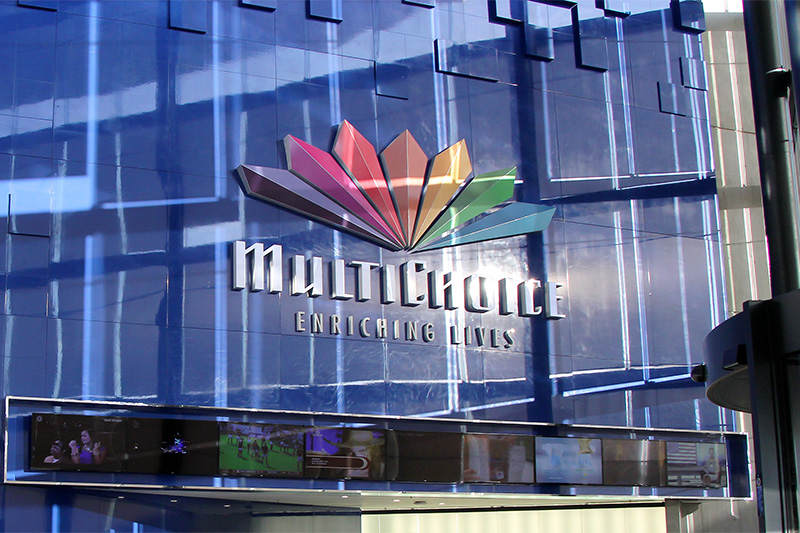Features
MultiChoice’s Decoder Price Slash: A Desperate Gambit or a Strategic Reboot?

By Godwin Anyebe
The recent announcement from MultiChoice, slashing DStv decoder prices by 50% from N20,000 to N10,000, has sent ripples through the Nigerian pay-TV market. On the surface, it appears to be a welcome relief for consumers grappling with a harsh economic climate. However, peel back the layers, and it becomes evident that this move is less an act of benevolence and more a direct, urgent response to a haemorrhaging subscriber base.
Indeed, MultiChoice Nigeria’s latest financial reports paint a grim picture: a staggering 1.4 million subscribers lost between March 2023 and March 2025. This isn’t just a blip; it’s a significant exodus that saw Nigeria alone account for a massive 77% of MultiChoice’s total 1.8 million subscriber losses across its Rest of Africa markets within that period. Such a dramatic decline in customer numbers, coupled with a 44% plummet in subscription revenues in Nigeria, demands a drastic intervention. The question then becomes, is this price cut a desperate gambit to halt the bleeding, or a strategic reboot aimed at long-term recovery?
For too long, MultiChoice has been perceived by many Nigerian consumers as a company that prioritizes profits over affordability. Successive price hikes – three within a year, in April 2023, November 2023, and May 2024 – have undoubtedly alienated a significant portion of its historically loyal customer base. In an economy where inflation soars and disposable income shrinks, the value proposition of premium pay-TV has been severely diminished for many households. The public outcry and the legal battles that followed each price increase were clear indicators of widespread dissatisfaction.
Now, with the “We Got You” campaign, MultiChoice is attempting a PR offensive, repositioning itself as a customer-centric brand. The halving of decoder prices is a bold step to lower the entry barrier for new subscribers and potentially entice back those who have churned. The accompanying offer of a free package upgrade for those who renew their subscriptions in full between June 16 and July 31, 2025, further sweetens the deal, aiming to re-engage existing customers and encourage longer commitments.
But the challenges facing MultiChoice extend beyond just pricing. The rise of affordable streaming services like Netflix, Amazon Prime Video, and even local platforms, offering on-demand content with greater flexibility and often at a fraction of DStv’s cost, presents a formidable competitive landscape. Piracy also continues to erode their market share. Consumers today have more choices than ever before, and they are increasingly exercising those choices in favor of more cost-effective and convenient entertainment options.
So, while the decoder price cut is a necessary tactical move, it’s just the first step on a long road to recovery. MultiChoice must do more than just make its hardware cheaper. It needs to critically re-evaluate its content strategy, offering more localized and diverse programming that resonates with the broader Nigerian audience, beyond its traditional strong suit of sports. Flexible payment options, personalized bundles, and consistent, high-quality customer service will also be crucial in rebuilding trust and loyalty.
Ultimately, MultiChoice’s future in Nigeria hinges on its ability to demonstrate genuine empathy for the economic realities of its consumers and to evolve its business model to meet the changing demands of the digital age. The 1.4 million lost subscribers are a stark reminder that even a dominant player can be severely impacted by market dynamics and consumer sentiment. This decoder price slash might buy them some time, but sustained success will depend on a comprehensive and genuine commitment to putting the customer first.
